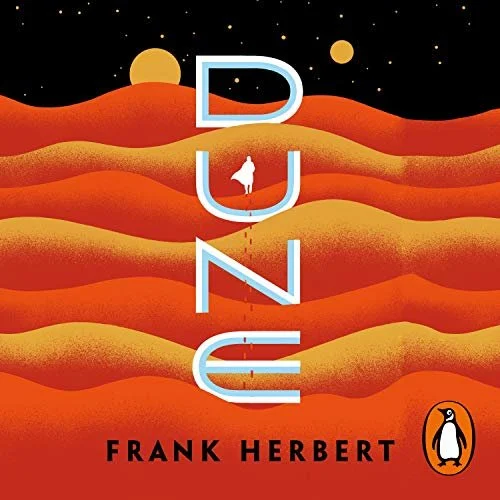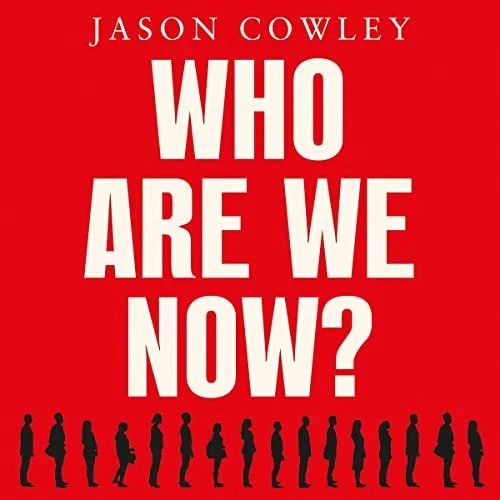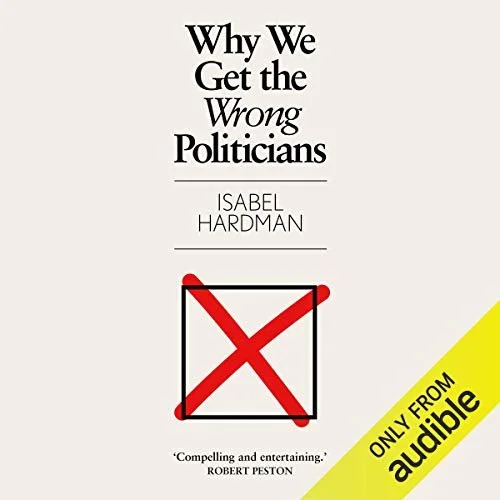Dune is for and against revolution
Politics and religion can be a dangerous combination, especially in the hands of a charismatic leader. Whenever these things align my advice would be: run, and run fast.
To see how dangerous these three things can be we need look no further than Frank Herbert’s blockbuster sci-fi novel, Dune, or the likely events of Denis Villeneuve’s forthcoming blockbuster film Dune: Part Two.
Dune explores the potent combination of religion, politics and a charismatic leader, and how these can be abused, through the actions of its protagonist Paul “Muad'Dib” Atreides. Dune has been criticised for being a white saviour story - where an outsider arrives to free a group of oppressed people of a different race from their bondage - however, the use of the white saviour narrative is how the novel makes its point about religion, politics and charismatic leaders.
The white saviour narrative
Paul is a deconstruction of the white saviour narrative, a common trope found in sci-fi stories from Avatar to Elysium. Yes, Paul is a character of European ancestry (the Atreides claim they are descended from the ancient King Agamemnon) who rises to become the leader of a group of people with an Arabic/Islamic culture (the novel explicitly states that the Fremen are descended from those who went on the Hajj before Earth was lost in the war against the machines). So, on the surface Paul appears to embrace this trope.
Paul is also a classic Chosen One, gifted with prescience and trained in combat. His enemies are Saturday Morning Cartoon villains: utterly evil, sadistic and ruthless. He seeks revenge against these Harkonnens who killed his father and destroyed his family. In many ways, Paul is an exemplar hero like many others found in sci-fi stories, but Dune subtly deconstructs this idea.
Paul starts a war that leads to the death of billions and unleashes untold carnage across the galaxy. He seizes the vital resource that all of civilisation is dependent on and threatens to destroy it. His sister turns his memory into an authoritarian cult to preserve his family’s hold on power. Paul also exploits the Fremen’s religion and politics, such as using the Lisan al Gaib, a legend planted by the Bene Gesserit to help their members, to build his fanatical following and to accomplish his political goals.
Charismatic leaders
All this tells the reader that Paul is not “a good guy” or a purer-than-pure hero whose actions are always for the best (like Captain America). Paul is a flawed human and his flaws mean that when he achieves power he does terrible things with it. The political message of Dune is not to trust charismatic leaders, especially those that combine religion and politics.
History is full of the lessons of what can go wrong when you blindly follow charismatic leaders. From Maximilien Robespierre to Adolf Hitler, or Jim Jones of the Peoples Temple and Ayatollah Khomeini, there are many examples of leaders with strong followings and political or religious visions of the future that end in mass death.
With this interpretation of the novel, it would be easy to see Dune as an anti-revolutionary, or conservative or even reactionary text. One of the messages is to be wary of leaders promising revolution, but Dune also contains a criticism of the modern state similar to the criticism that Karl Marx and Friedrich Engels made in the 19th century. Like Marx, Engels and other revolutionary writers, Dune strips off the mask of the state to look at what is going on underneath.
Marx and Engels
Marx and Engels argued, the modern state is a kind of lie. It claims to offer representation to people and to protect their liberties, but in reality this is a cover for the state’s true role as the enforcer of bourgeoisie rule and the control of the proletariat. As the modern state is a lie, it must be destroyed in a revolution to set the people free. This is what Paul does.
The war that Paul unleashes is an attempt to destroy the state that killed his father. His war is an attempt to affect a complete revolution, to change the political order for good by destroying all his opponents. In a later novel his son, Leto II, goes even further with this project to transform the state into his own tool.
The proletariat and the Fremen
Marx and Engels believed that the workers, or proletariat, were the people who could bring about this revolution to destroy the modern state, because they were the least deceived by the lie that the state existed to protect their freedom, rather than take it away. Thus, they could throw off this lie, destroy the state and overthrow the entire corrupt system.
In Dune Paul sees that the Fremen are the least deceived about the nature of the state in the Dune universe. They experience the brutality of the occupation of Dune and see the state for what it really is. Like the workers in Marx’s day, they are in the best position to revolt against the oppression of the state and overthrow it.
Paul uses the Fremen to create his revolution and to destroy the state in the same way that Marx and Engels believed that the workers would destroy the capitalist state. In Dune, the state that Paul destroys exists to protect the powerful houses of the Landsraad and the Imperial House, secure their wealth and oppress those who stand against them. This is also how Marx and Engels saw the state.
Revolutionary inspiration and warnings
The novel Dune has long been a seminal text in counter-cultural or radical political circles. From its environmental message and its exploration of ecology, to its deep spiritual and philosophical themes, there is a lot in Dune that the radical left have been inspired by over the years. The fact that Dune’s political message contains a warning about charismatic leaders and how revolutions can go wrong is not a sign that it is a conservative text. It’s a novel about the complexities of revolution and how a revolution can take on a life of its own.
Those of us on the left would do well to heed the warnings of charismatic leaders lest we get swept up in the rhetoric of a leader who, like Paul, promises a better world but only delivers violence and oppression. Vladimir Lenin began by saying his revolution would lead to the state withering away, but instead he presided over a clamp down on dissent and paved the way for Joseph Stalin’s regime of terror.
The novel contains warnings about revolution, but also many criticisms of the politics of when it was written that still apply today. It’s an eye opening novel about how we can change the world (or the universe) but it also contains warnings about how this can go wrong.




